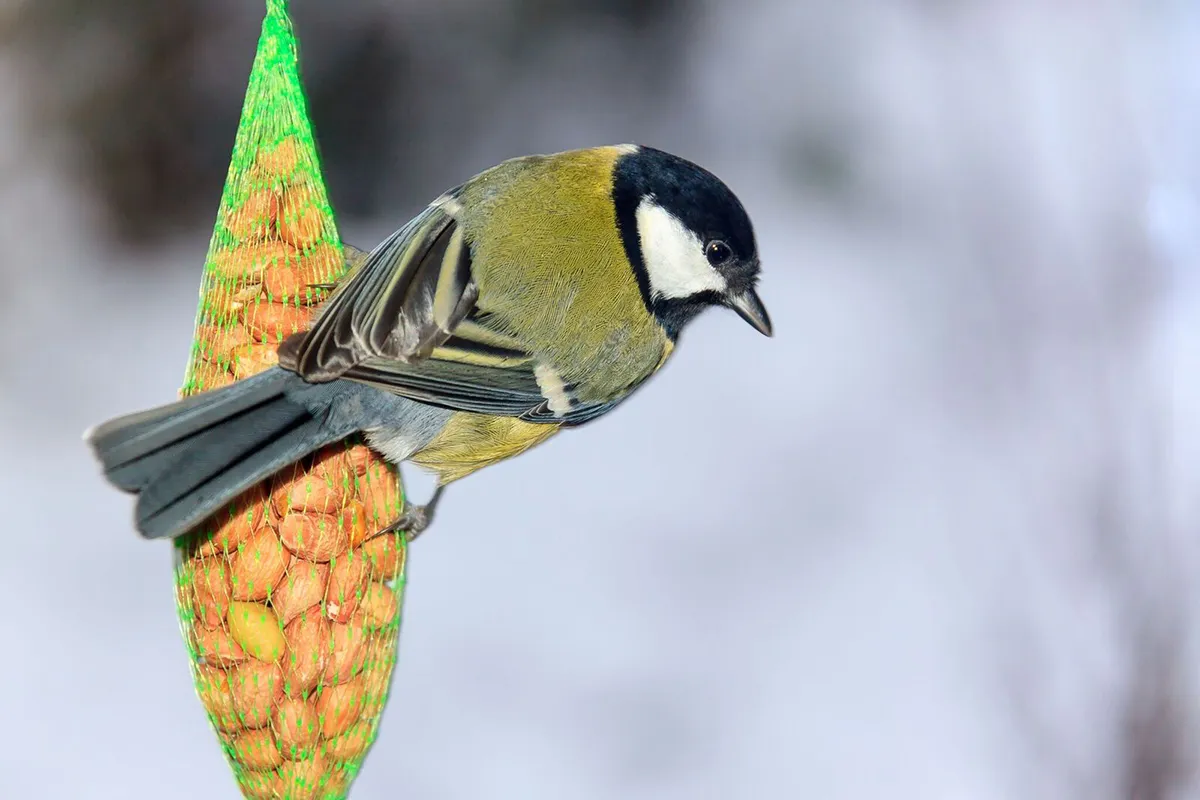New research reveals British great tits have evolved to grow longer beaks than their European counterparts.
Genetic and historical data shows that the change has occurred over a short time period, leading experts to speculate whether Britain’s enthusiasm for feeding garden birds is the cause.
“In the UK we spend around twice as much on birdseed and birdfeeders than mainland Europe – and, we’ve been doing this for some time," said Dr Lewis Spurgin of the School of Biological Sciences at the University of East Anglia.
"Although we can’t say definitively that bird feeders are responsible, it seems reasonable to suggest that the longer beaks amongst British great tits may have evolved as a response to this supplementary feeding.”
These findings have emerged from collaborative research carried out by the Universities of Sheffield, Oxford, Exeter, East Anglia, Wageningen and the Netherlands Institute of Ecology.
By screening the DNA of over 3,000 birds from the UK and the Netherlands, researchers were able to look for genetic differences that indicate natural selection at work.

The gene sequences found to have evolved in British great tits are a close match to the human genes that determine face shape. They also strongly resemble the genes identified with beak shape in Darwin’s study of finches – one of the most famous examples of how birds adapt to their environment.
These discoveries led the researchers to conclude that British great tit beaks were evolving by natural selection, perhaps in response to the recent increase in garden birdfeeders.
A further investigation confirmed that British birds with the longer-beaked gene were more successful at reproducing than their Dutch counterparts, further evidence of natural selection at work in the UK.
“It’s certainly true that birds who have adapted to better access food will be in better condition generally, and so better able to reproduce and outperform others without that adaptation,” said Dr Spurgin.
The researchers are now studying DNA samples from across Europe, with initial evidence suggesting that the genetic variations are specific to Britain.
The results of the research so far can be found in Science, published on 20 October 2017.
Visit the RSPB website and learn more about great tits and other garden birds.
Main image © Dennis van de Water